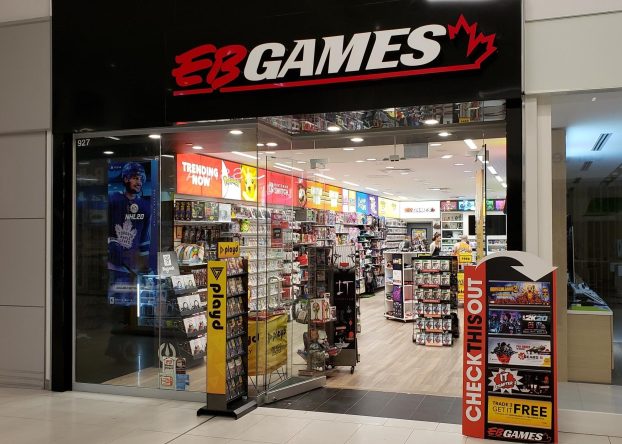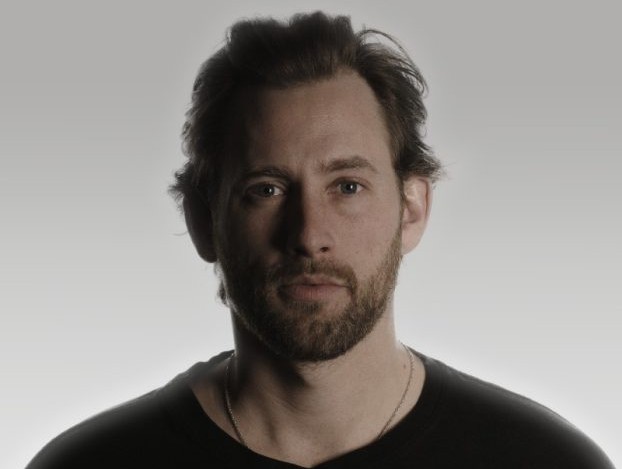Although the Canadian economy appears to have stabilized, Canada’s agencies can expect to see further changes in 1997, thanks to the need to expand the market.
This is the feeling among agency executives interviewed by Strategy for insight into what to expect in the coming year.
Growth potential for over-saturated markets like Toronto, Montreal and Vancouver will come from developing expertise – or forming an alliance with a company with expertise – in new and non-traditional media.
Bruce Philp, managing partner of Toronto’s Garneau Wurstlin Philp, sees a ‘two businesses’ theme that is global in scope, occurring within the industry over the next couple of years.
‘Globally, [agencies are] polarizing into very large, executionally-competent integrated machines, and very small, creatively-oriented, idea-creating machines.
‘What is uniquely Canadian is that we happen to be next door to a country which has lots of these great big executional machines.
‘The possibility of making a living with that particular competence in this country is diminished versus what it might be in the u.k.’
Philp says he looked at a list of Canada’s top agencies, did some number-crunching, and found that fully one-third of the revenue collected in this country goes to five agencies.
He says 10 shops account for more than half the revenue while the bulk of the agencies, 66%, have revenues below $5 million.
‘When you look at that list, you realize that three-quarters of the agencies doing business in this country should be behaving like start-ups. Yet, the status quo is still clung to with affection.
Frank Palmer, president of Vancouver-based Palmer Jarvis Communications, predicts that there will be more mergers.
‘In Vancouver right now there are a few agencies currently talking merger,’ he says, adding that this will mean there are fewer, stronger agencies.
In fact, Palmer says that he’s talked with a few Toronto shops who are interested in joining the Palmer Jarvis fold.
Palmer says that, in Vancouver, as in Toronto, there aren’t as many big accounts to support many agencies of any size.
‘At the Lotus Awards this year most of the awards were won by us and BBDO. A lot of the others were not necessarily won by other agencies but by design studios.
‘What Vancouver doesn’t need is another advertising agency or two, no question, but I could say the same thing about Toronto.’
Palmer says he feels that the lack of ‘characters’ is why the agency business in Canada is in a sad state of affairs.
Palmer says the industry has entered an era of professional management, as opposed to entrepreneurial business building, although he acknowledges there are still some risk takers around, including Geoffrey Roche (Roche Macaulay & Partners), Rick Padulo (Padulo Integrated), John Hayter (Vickers & Benson), Rob Lawrie (SMW), Yves Gougoux (Publicis-BCP) and Claude Lessard (Cossette).
Jim McKenzie, president and ceo of Leo Burnett in Toronto, says he is also expecting more mergers.
He says many agencies will either have to merge – to be able to provide the resources clients are looking for – or scale back and focus on one area of expertise.
McKenzie says he also sees a couple of trends continuing throughout the year.
One is that much of the competition for traditional agencies will come from specialist operations such as direct response shops, promotion houses, creative boutiques and general contractors, who come up with a big idea and contract out various components of the project.
McKenzie also sees a second trend. ‘I think the whole push from clients to include a broader range of communication tools in their arsenal will continue.
‘I think agencies have to find a way to deal with that, whether it’s in-house like ourselves, or as divisions or an alliance with other operations.
Alain Richard, vice-president of corporate affairs for J. Walter Thompson affiliate Groupaction Marketing of Montreal, says the pressure to become a multi-disciplined agency is also strong in Montreal.
‘There is no doubt in my mind that traditional advertising is here to stay, but more clients are looking for capabilities in terms of promotions, direct marketing, the Internet.
Richard, who is also president of the Advertising Club of Montreal, says Quebec agencies of the future will need to be affiliated with a big agency network.
‘This market has seen a lot of agencies growing but the potential lies with the agencies that have sources outside of Quebec, outside of Canada, even.
‘There is less potential in this market to grow the business. That’s why, as part of a network, you have more chance to bring in new accounts such as big multinational companies.’























